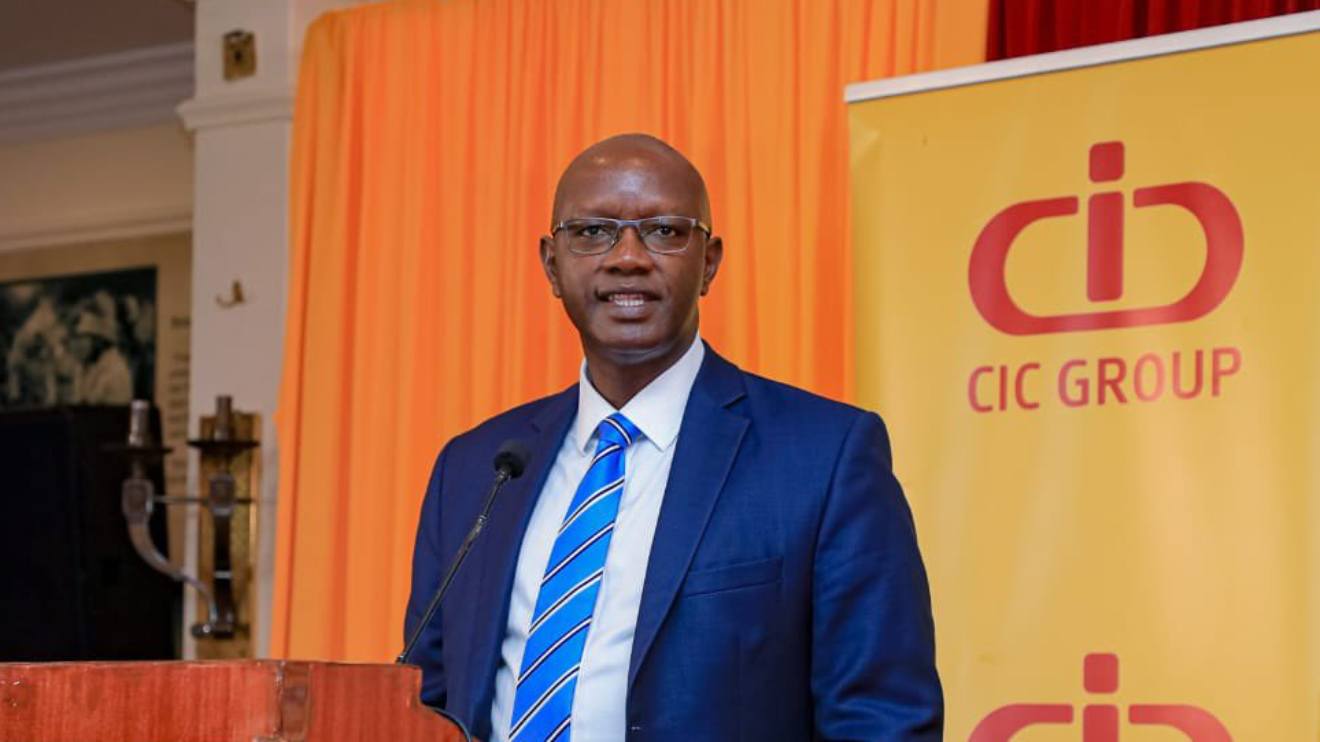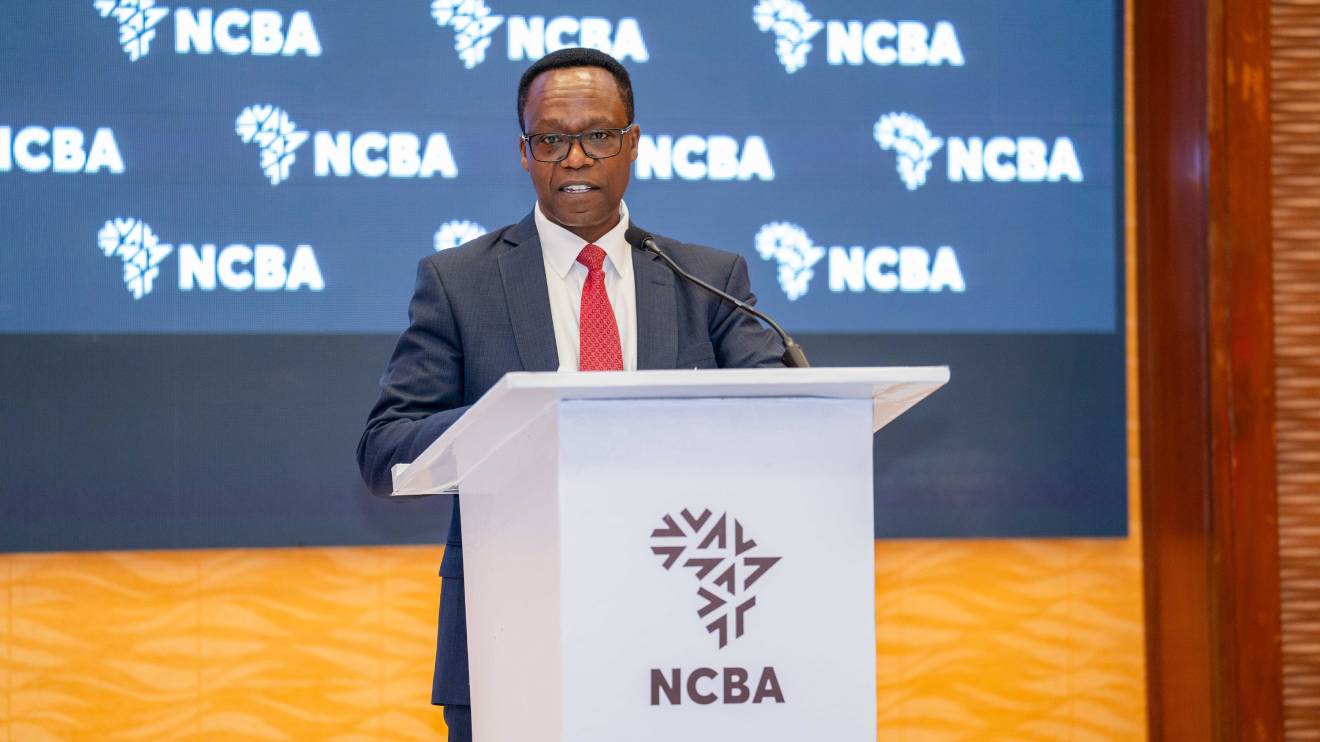Kenya’s largest pension fund, the National Social Security Fund (NSSF), is positioning itself to channel part of its Sh477 billion asset base into the dualing of the busy Nairobi–Rironi–Mau Summit highway, a project seen as crucial to unlocking movement across the country's western economic corridor.
NSSF, in partnership with China Road and Bridge Corporation (CRBC), has placed a joint bid to undertake the construction of the 175-kilometre road that links Nairobi to Mau Summit.
If approved, the plan would mark one of the boldest uses of public pension money in a large-scale infrastructure project.
The Kenya National Highways Authority (KeNHA), which disclosed details of the bidding, confirmed that the proposal was officially received.
In a notice, the authority said the highway's expansion would address “design problems, poor driver behaviour, and climatic conditions” that have long made the route one of the country's most notorious traffic bottlenecks.
Read More
The highway, part of the Northern Corridor, serves as a critical route connecting Kenya to Uganda and other East African nations.
According to KeNHA, the upgraded road is expected to decongest traffic and boost both local and cross-border trade by easing the flow of people and cargo to and from the Rift Valley, Nyanza, and Western regions.
The planned development will be carried out under a Public Private Partnership (PPP), with actual roadwork slated to begin within the next two months.
The government says this approach helps bridge funding gaps while accelerating infrastructure delivery.
But the idea of using pension funds for such capital-intensive projects has reignited debate over financial risk and public accountability.
NSSF’s decision to commit to the bid reflects an emerging trend by the state to mobilise domestic institutional capital for projects traditionally funded through external borrowing.
In a further twist, the NSSF-CRBC proposal is not the only one on the table. KeNHA also acknowledged a separate, privately initiated proposal by Shandong Hi Speed Road & Bridge International Engineering Co., underscoring the project's high level of interest and its strategic importance.
The move comes just weeks after the Kenyan government tore up an earlier agreement with French contractors over the same highway.
Officials from KeNHA said they had asked the French firm to revise certain terms of the agreement, but “the French contractors declined,” prompting the government to cancel the deal.
As a result, “the government [was] forced to pay Sh6.2 billion to the French contractors for prematurely terminating the agreement.”
This unexpected pivot saw the country pivot back to Chinese firms, culminating in a new bilateral deal with Beijing for the highway's expansion.
The NSSF’s involvement, meanwhile, underlines how Nairobi is increasingly looking inwards—towards local funds and institutions—to finance infrastructure, even as concerns over procurement transparency and pension fund exposure linger.
The proposed road, once completed, is expected to transform travel across Kenya’s western highway network and enhance safety, efficiency, and trade along one of the busiest corridors in East Africa.


-1756474472.jpg)



-1753733469.jpeg)


